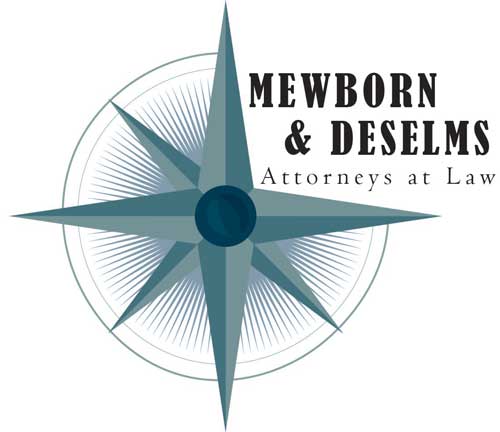Creating your last will and testament can be a tedious process. In North Carolina, and in many other states, there are specific rules that regulate what will happen to your property once you pass. It is critical that you design your will with these regulations in mind and also choose an estate executor that will oversee your property through the process when you are no longer here.
One of the most important tasks to complete when drafting a will is appointing an executor to the estate. Also referred to as an estate administrator, the executor has many responsibilities, including the following:
- Paying any remaining bills and expenses left behind by the estate
- Submitting the will to the court and making the proper tax elections
- Seeing the estate through the probate process if applicable
- Safeguarding the property and assets from theft and/or vandalism
- Finding the beneficiaries named in the last will and testament
- Handling any other issues that come up regarding the estate
The person who agrees to take on these tasks should have certain characteristics that enable them to complete the job properly, such as great organizational skills, punctuality and attention to detail. Since the role requires a significant amount of time, the executor should have the time available.
Before you select an estate administrator, you may want to ask whether he or she is up for the job and has the time needed to attend to the task. Keep in mind that the executor you choose may decide he or she does not want the responsibility once you pass. In this case, the state may appoint an executor to handle your estate. Writing a clear and concise will with a responsible estate administrator may help to avoid any misunderstandings and quarrels in the future.
This information is intended to educate and should not be taken as legal advice.


